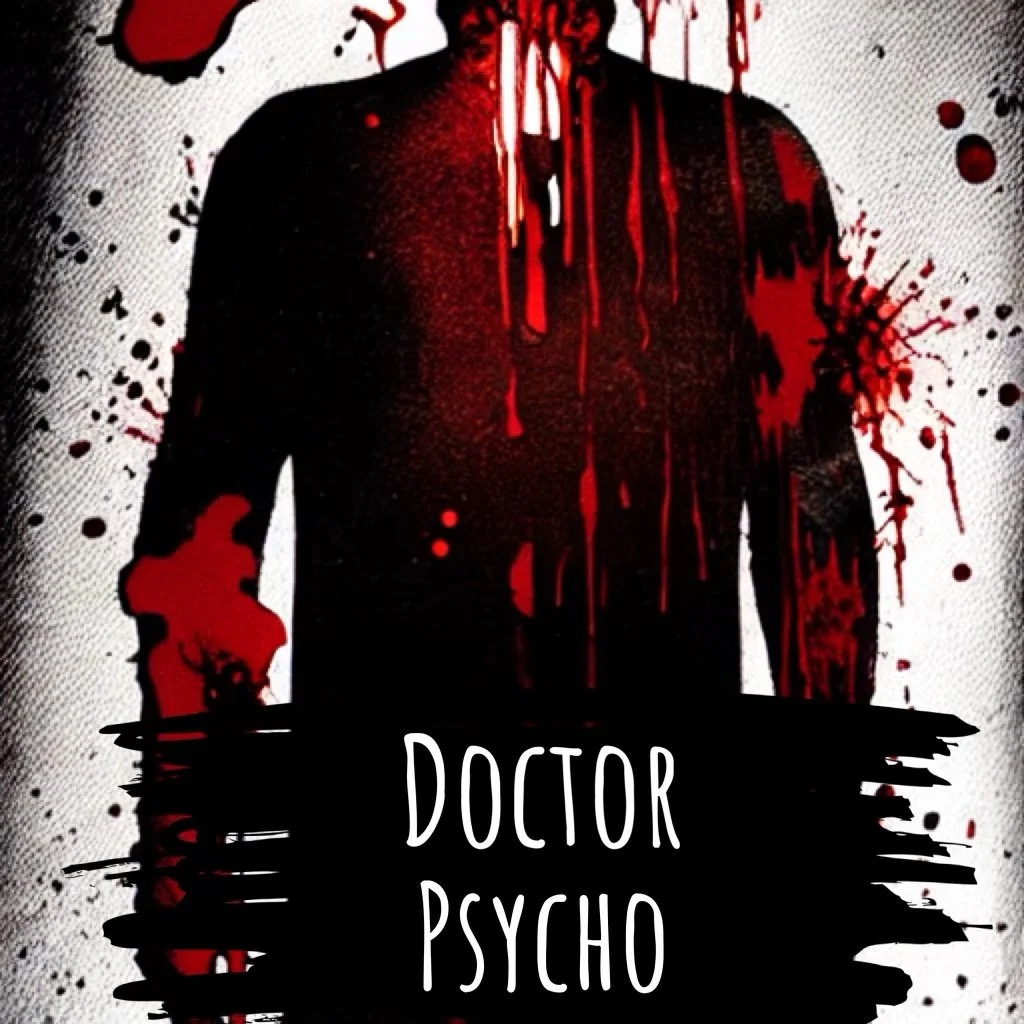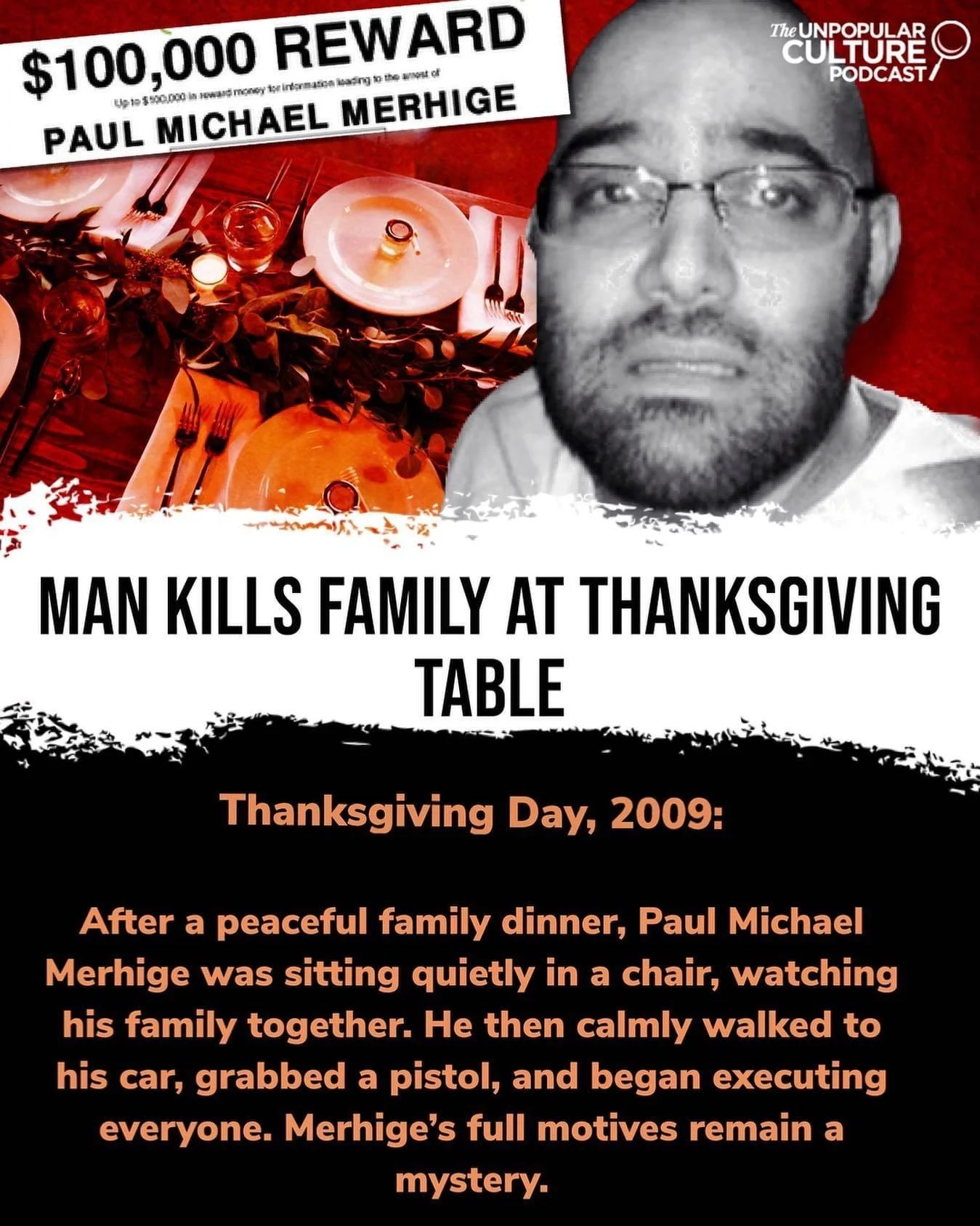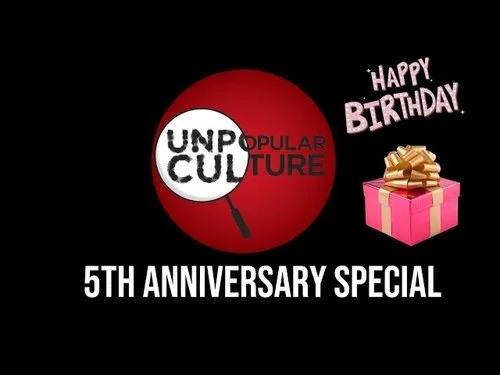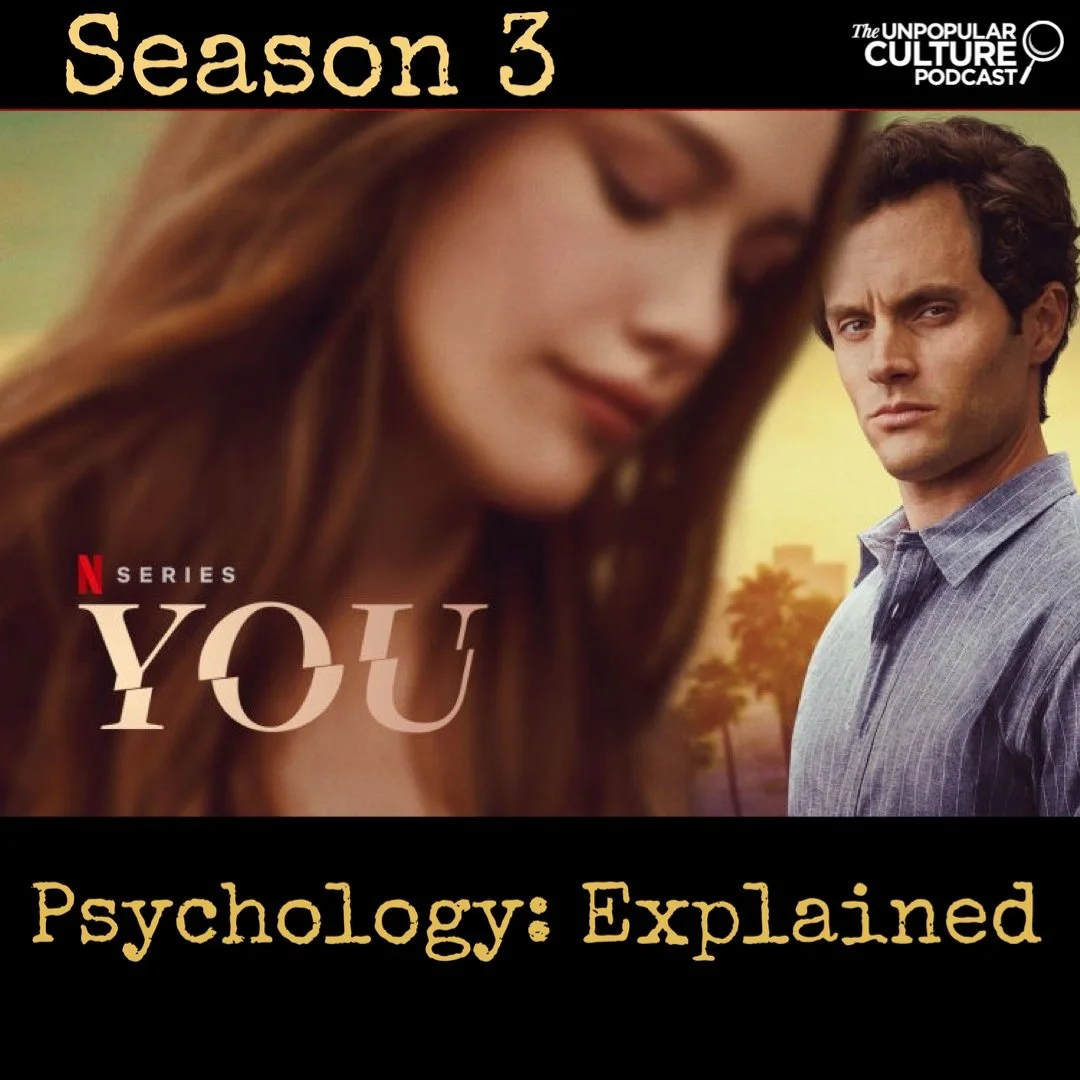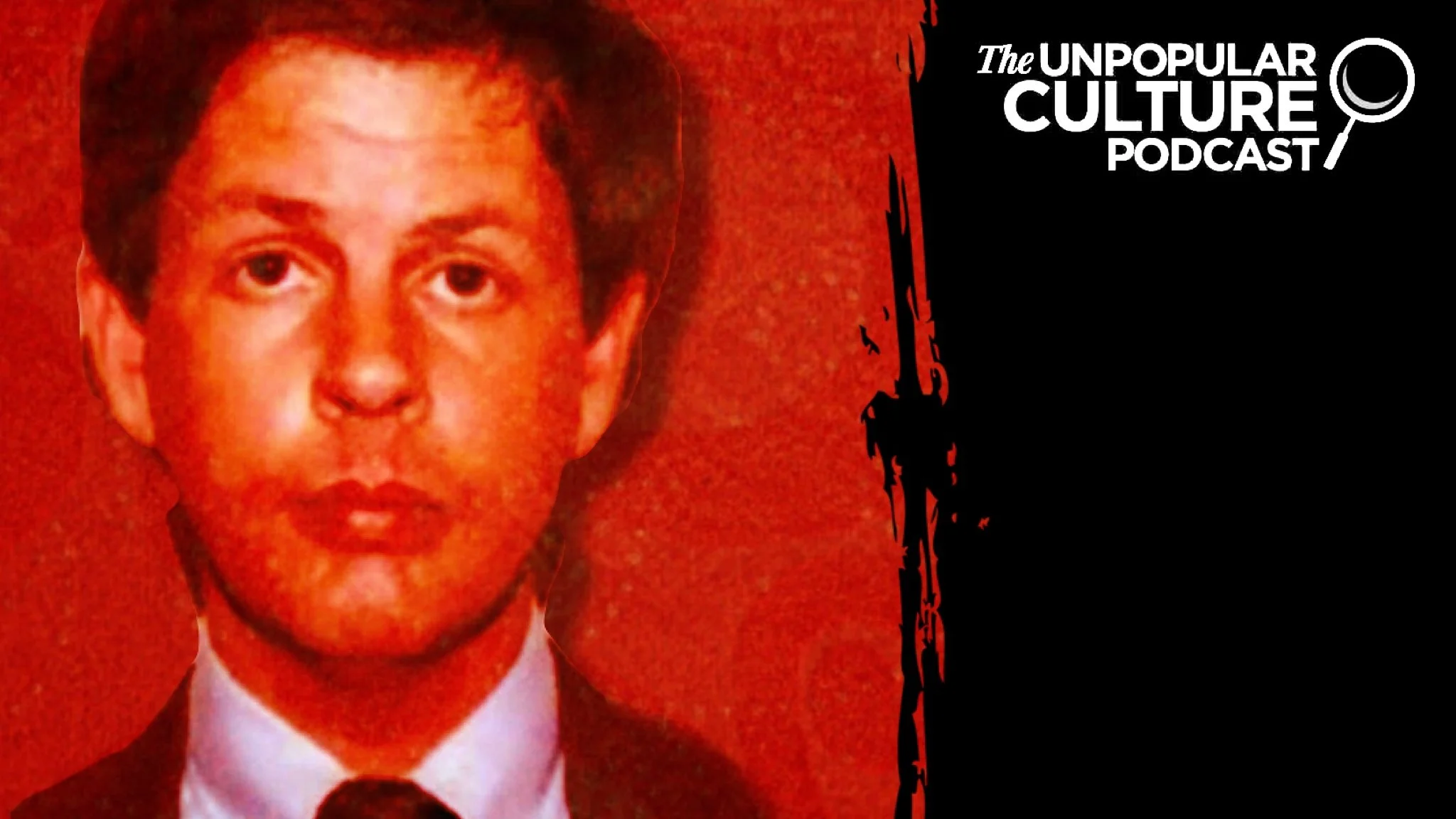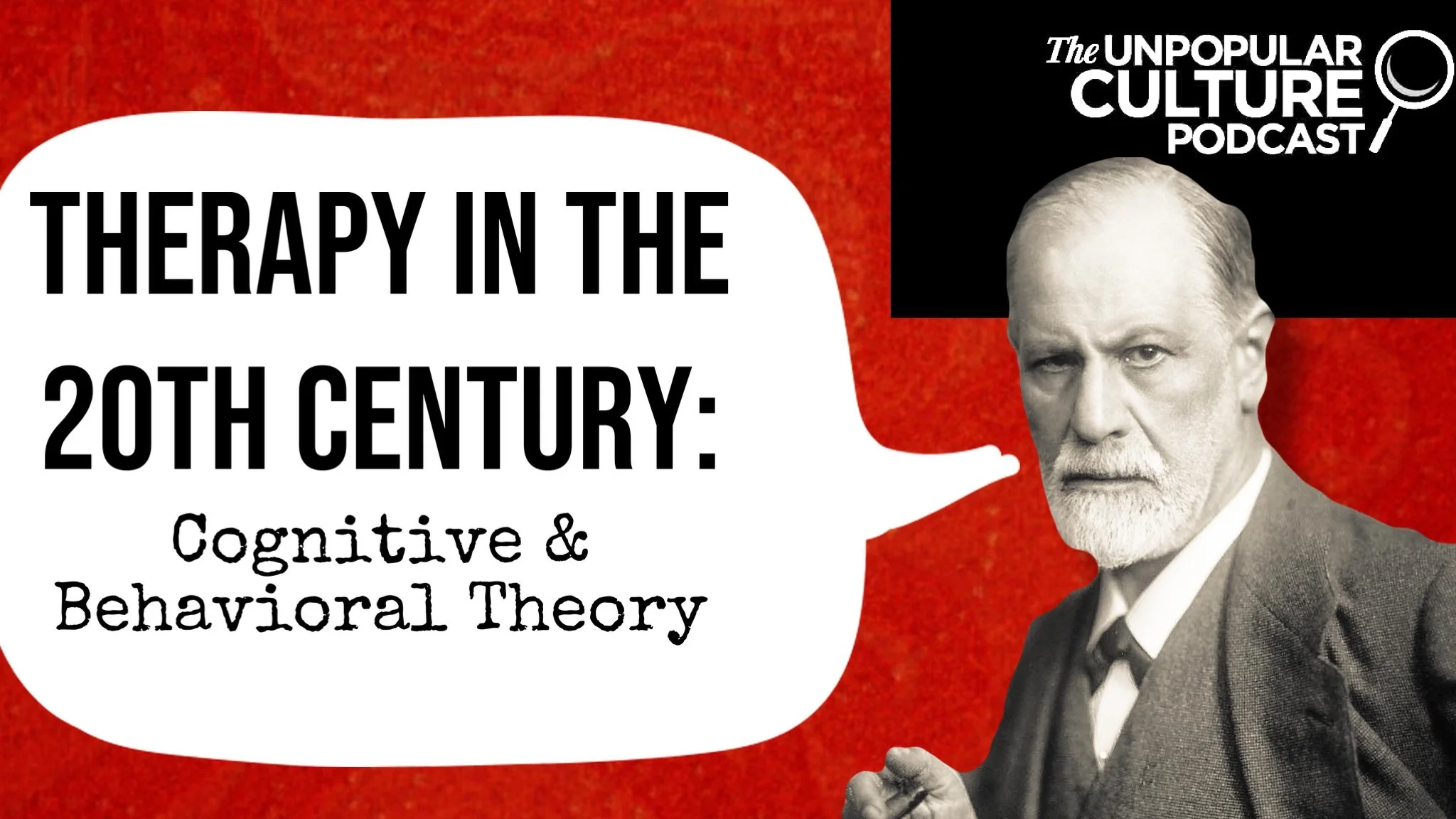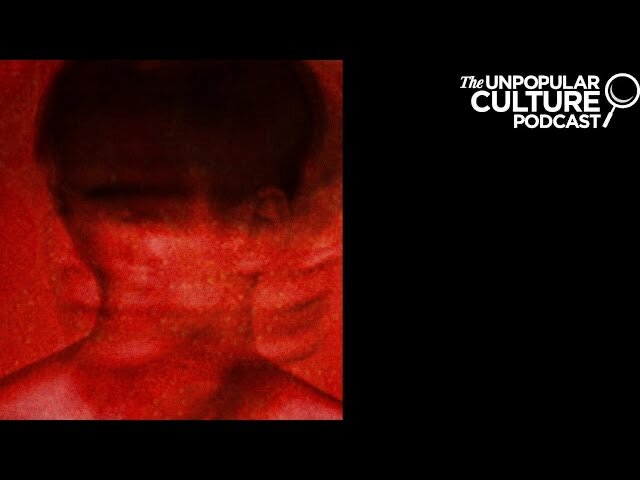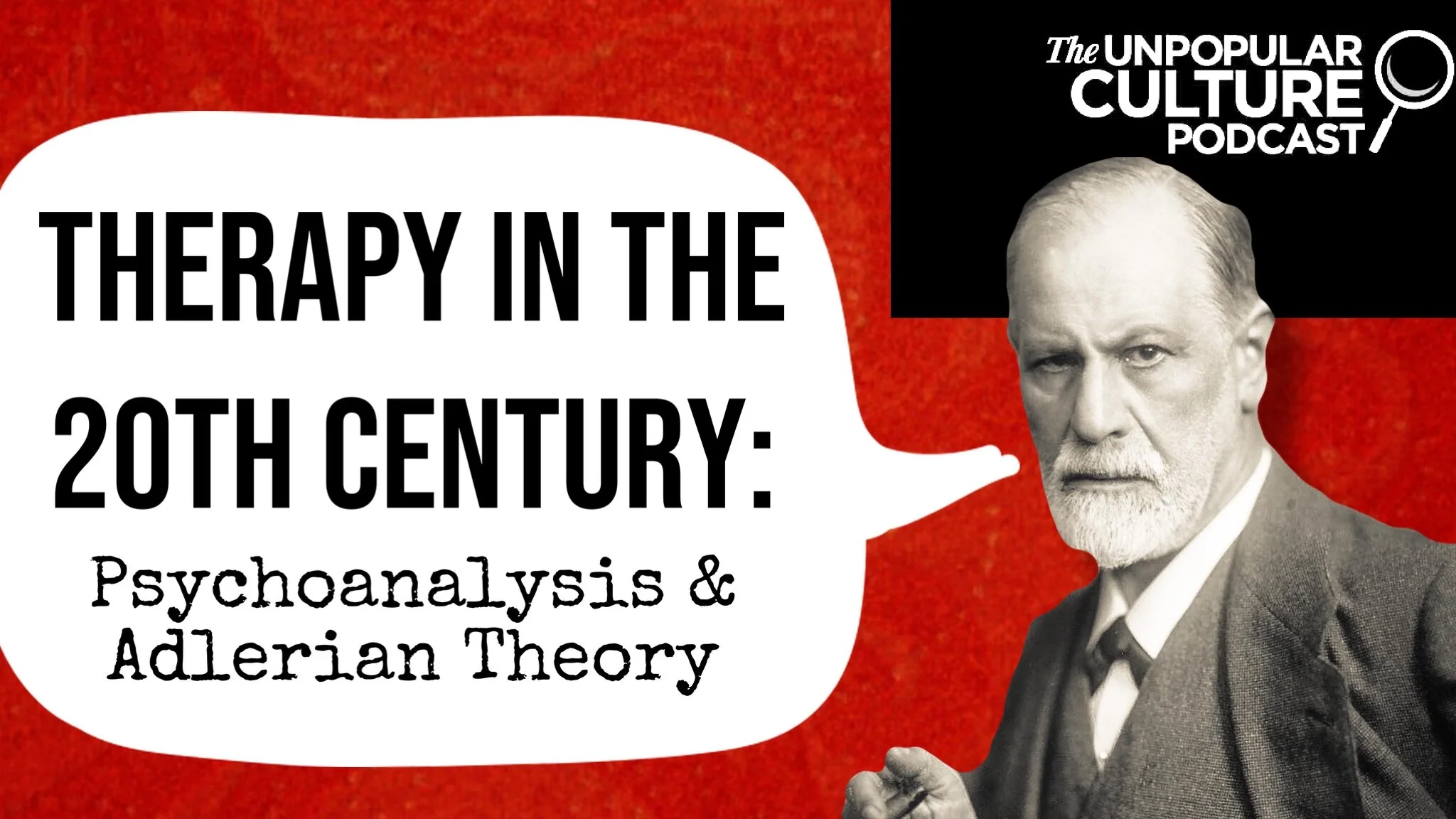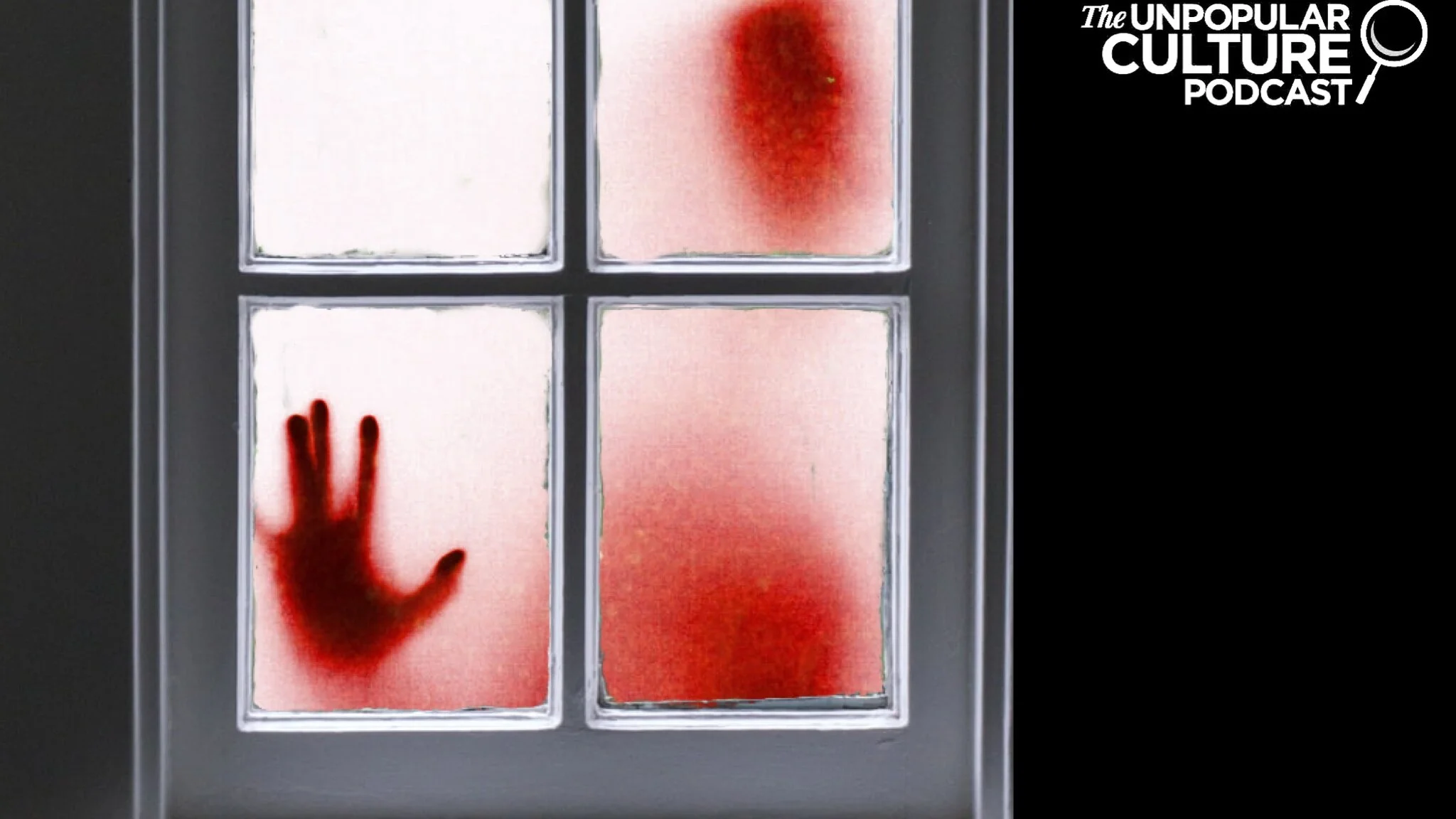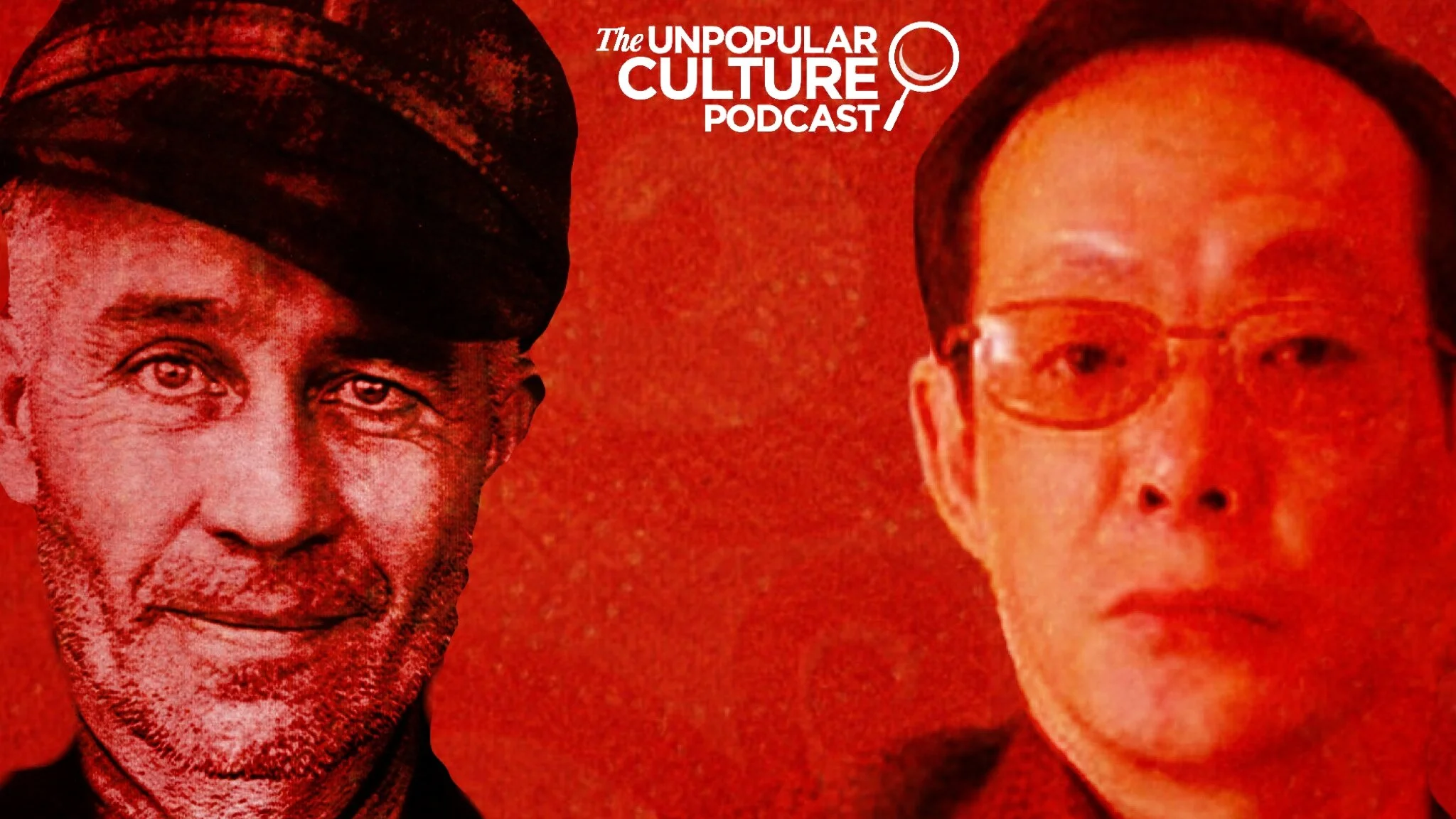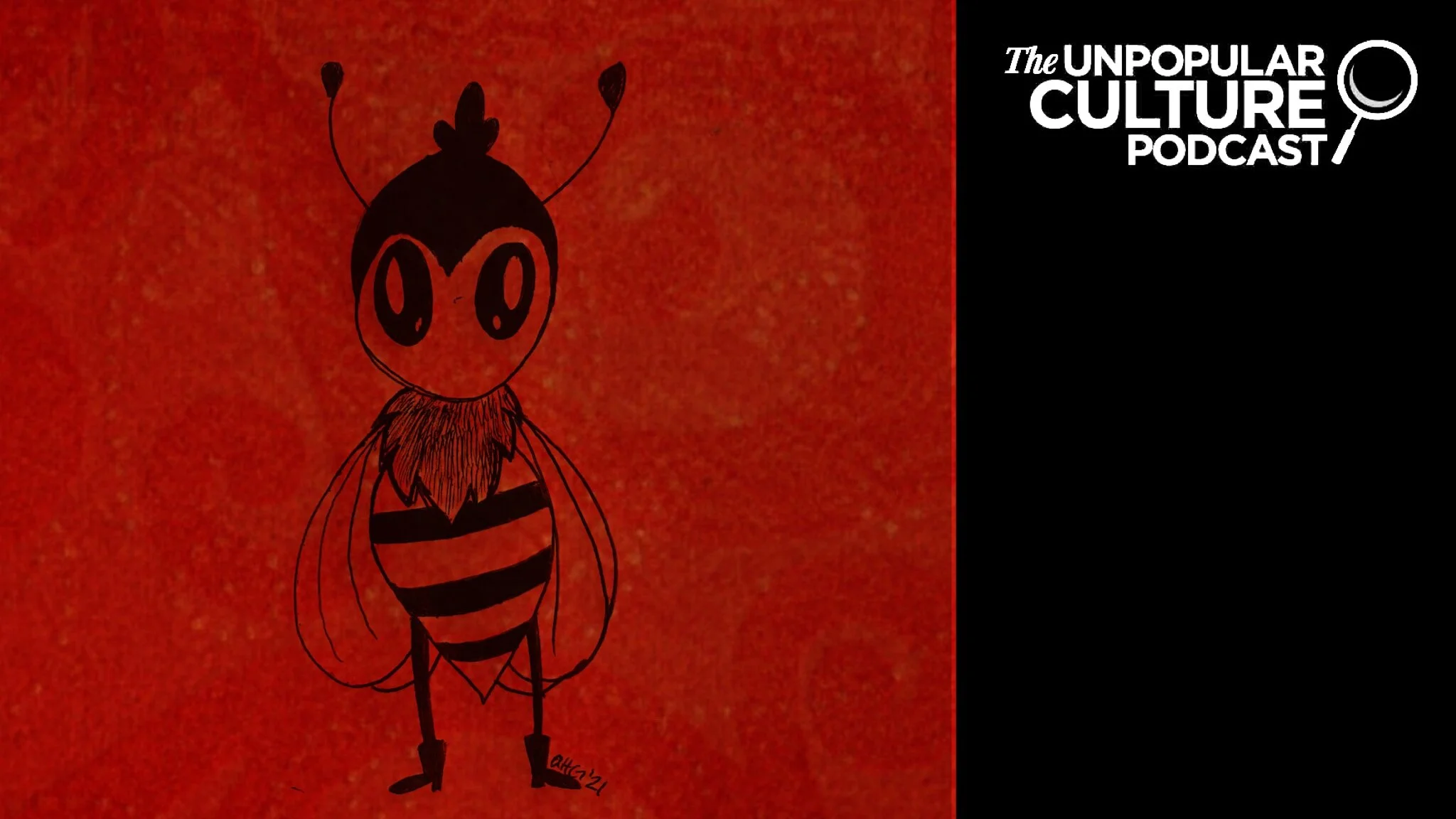👇Click Link For Full Episode👇
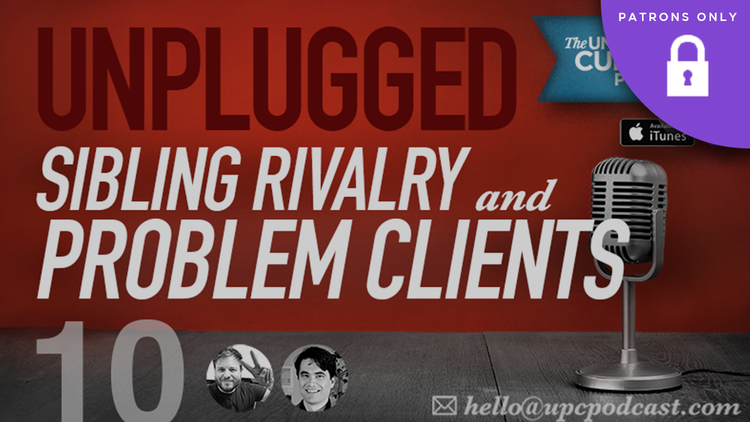
Ep: 6 - Sibling Rivalry & Problem Clients (Stalker Only) - Question 1. "Can someone with a history of mental issues become an effective therapists?" Question 2. "What is the connection between being the youngest or the oldest sibling... and every other relationship you make? Question 3 How to talk to Clients, do you be blunt with them? Some common misconceptions, and some disparaging rules (myths) of what to do with clients. Professor Michael Drane UPC. We are a forensic psychology podcast that focuses on true crime, pop culture, and psychological analysis.
Question #1 from listener (Anonymous Patron):
"Something has been on my mind these past few months. Can someone with a history of mental issues become an effective therapists? I'm really curious to know what you think on this topic."
Somebody with mental health issues is uniquely qualified to assist other people that are wrestling with mental health issues. It's one thing to know the steps to cure social anxiety as you were taught, but if you've physically gone through those steps yourself, than you can relate even further. What better way to connect with a person with than to have been through their struggles, yourself.
Question #2 from listener Brianne:
"What is the connection between being the youngest or the oldest sibling... and every other relationship you make? I've noticed that in all my friendships or relationships, I play the little sister role and my older sister is in control of all of her relationships."Adler conceptualized the idea of birth order: It's the idea is that because they were born first and because they spent so much time growing up with the sole attention from their parents, there's something to this. Adler says that firstborns might be prone to perfectionism, a need for affirmation. The same go for only children.
These are useful guidelines, but what's more important are attachment styles of the person. The roles you had with your siblings will definitely give you clues as to the way you interact with people, but don't neglect to look at the way your caregivers treated you. A lot of times this will translate into a romantic relationship, how your parents treated you and what your attachments styles are with them.
Question #3 from listener Sam:
How to talk to Clients, do you be blunt with them?Some common misconceptions, and some disparaging rules (myths) of what to do with clients.
Don't hand the client a box of tissues if they're crying- The idea behind this potential myth is that it's invalidating, as if to say, "Stop crying, here's a tissue, stop that."Don't ask: "How does that make you feel"- The idea behind why this is a "bad" question is because the client will tend to intellectualize, they need to experience that moment, and what "How does that make you feel" is asking you to do is be rational.
Other therapy myths...Don't cross your legs, don't cross your arms. Don't ask why. Never self-disclose. While some of these are very real and solidified by empathizing with the client and wanting them to feel open, none of these explain the entire situation. Every person is different. Sometimes it's okay to ask why. Sometimes it's okay to cross your arms.
Your therapist should be a supportive person in your life, and like your friends and family, they should call you out sometimes, being honest and open. The important thing is: Validation vs. Change Language. It's important to validate the persons feelings at some point (early on) and it's more important than iterating change language ("you have to do this, you should be feeling that, etc").
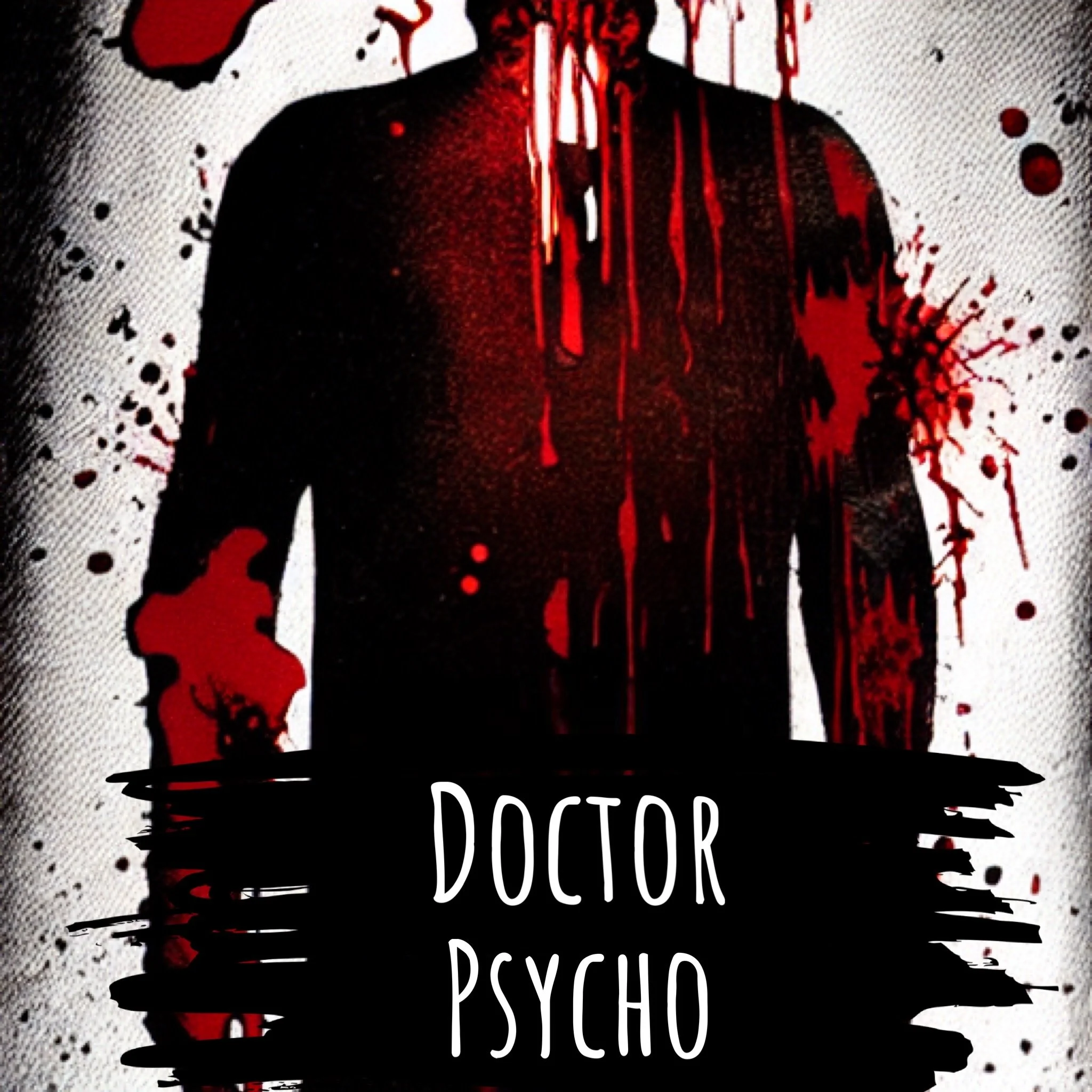
HELP SUPPORT THE SHOW BELOW
Unpopular Culture Podcast is a psychology podcast hosted by Professor & Psychotherapist Michael Drane. With help from professionals in different fields, he seeks to shine light into the broken underbelly of society.
Listen as he takes on the psychology behind subjects like:
True Crime: serial killers, murders, stalkers, cults, forensic analysis
Psychology: mental illness, social phenomenon, mob mentality, psychoanalysis, etc.
Culture: Sexuality, Satanic Panic, love, Tv analysis, movie analysis.
We are an independent psychology podcast. Help us keep UPC free of ads and on the air. Please consider supporting the show and get access to our "Stalkers Only" archive, and help be a part of the creative process.
Support the Show! —> patreon.com/upcpodcast
YOU CAN FOLLOW US HERE OR ANYWHERE YOU FIND AWESOME PODCASTS
SPOTIFY
ITUNES
STITCHER
PLAYERFM
IHEARTRADIO

Ep: 6 - Sibling Rivalry & Problem Clients (Stalker Only) - Question 1. "Can someone with a history of mental issues become an effective therapists?" Question 2. "What is the connection between being the youngest or the oldest sibling... and every other relationship you make? Question 3 How to talk to Clients, do you be blunt with them? Some common misconceptions, and some disparaging rules (myths) of what to do with clients. Professor Michael Drane UPC. We are a forensic psychology podcast that focuses on true crime, pop culture, and psychological analysis.

